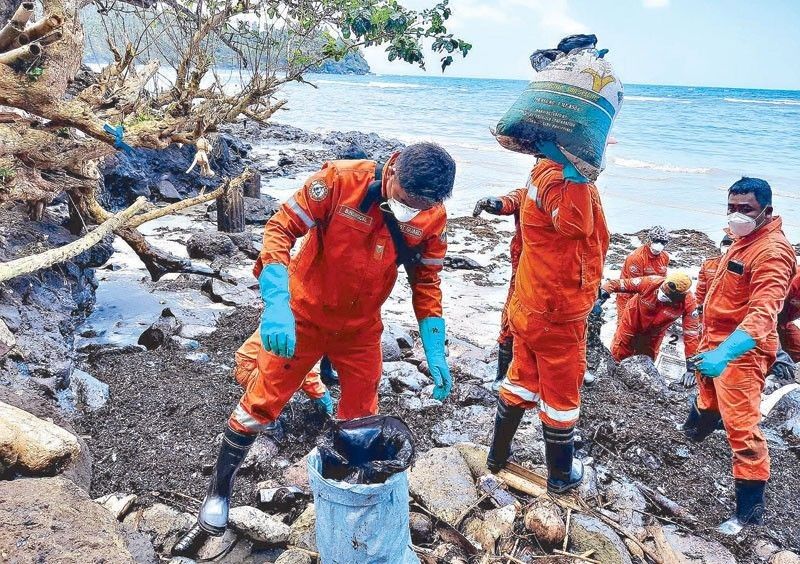
Life in an oil sands town can feel like riding an unpredictable wave. When oil prices are high, the town thrives with opportunities, full paychecks, and a sense of excitement about the future. But when the market collapses, layoffs and uncertainty set in, leaving many families struggling to make ends meet. For those already carrying the weight of addiction or mental health challenges, the emotional toll of a bust can be overwhelming. Yet, even in these difficult times, there is hope, healing, and a path forward.
The Emotional Impact of Economic Downturns
The collapse of an oil-driven economy affects more than bank accounts. It shakes people’s sense of identity, security, and purpose. Stress from financial strain often leads to sleepless nights, anxiety, and depression. For some, the temptation to use substances as a coping mechanism grows stronger.
When the oil dries up, the emotional aftershocks ripple through families and entire communities. Couples may face new conflicts. Parents may struggle to shield children from the stress. Workers who once took pride in providing for their families may feel shame or hopelessness. Recognizing these emotional pressures is the first step in addressing them with compassion and care.
Why Professional and Holistic Support Matters
Inpatient and Outpatient Care for Stability
During unstable times, structured recovery programs provide a safe anchor. Inpatient care offers a place of refuge and healing where individuals can step away from daily stress and focus on recovery. Outpatient care allows for flexibility, letting people access therapy and support while continuing to live at home and care for loved ones.
Addressing the Whole Person
Holistic and faith-based treatment goes beyond managing symptoms. By nurturing the mind, body, and spirit, individuals can rebuild resilience. Practices like mindfulness, physical wellness, spiritual reflection, and counseling work together to restore balance. This approach ensures people are not only surviving economic hardship but also learning how to thrive despite it.
Individualized Healing Paths
No two experiences of a downturn are the same. Personalized treatment plans honor each person’s background, strengths, and needs. Whether someone is battling addiction, trauma, or anxiety, individualized care provides the tools and strategies that fit their life and help them navigate the challenges of economic instability.
Practical Steps for Coping During a Bust
Stay Connected to Support
Isolation worsens stress. Reaching out to community groups, recovery meetings, and faith communities creates connection and reduces feelings of loneliness.
Prioritize Mental Health
Seeking counseling or therapy early can prevent emotional struggles from becoming crises. Mental health treatment is not a last resort—it is an essential tool for building stability.
Create Daily Routines
Predictable routines provide a sense of control. Small practices like journaling, exercise, or prayer offer grounding when the outside world feels uncertain.
Focus on Long-Term Resilience
Busts eventually pass. Investing in personal growth, building new skills, and leaning into recovery can prepare individuals for a stronger future, no matter what the economy looks like.
Finding Hope When Times Are Hard
The end of an oil boom does not have to mean the end of hope. With the right support—compassionate care, holistic healing, and personalized treatment—individuals and families can weather the bust and emerge stronger. Healing is possible, even in the hardest seasons of life.
Take the Next Step
If you or someone you love is struggling with addiction, mental health challenges, or the weight of economic stress, help is available. Reach out today to explore inpatient and outpatient care options designed to support your unique journey. You do not have to face this alone—healing and hope are within reach.